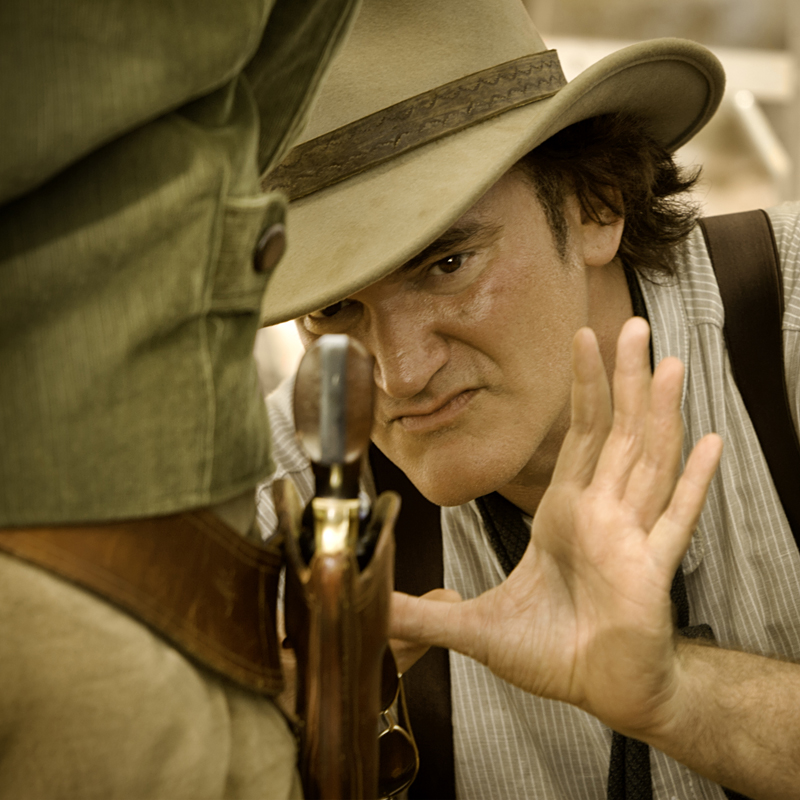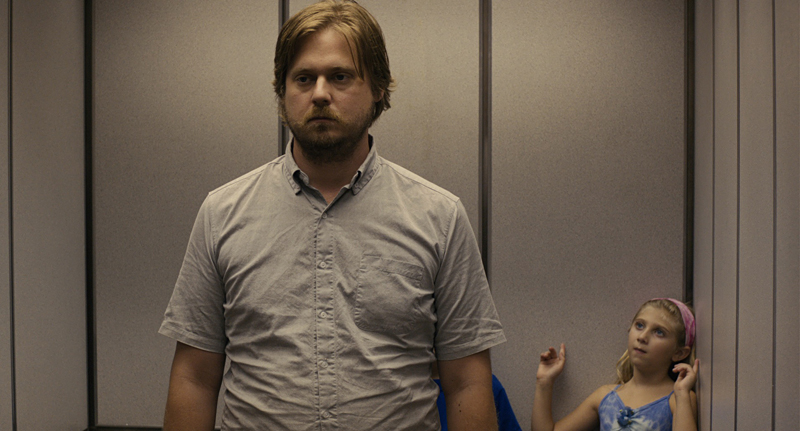More than ever, boiling this concluding year down to the 10 “best” movies feels both arbitrary and reductive. Ideally, I’d have 25 unnumbered slots. I’d cite another five, formally varied nonfiction films: Tchoupitoulas, Detropia, The Ambassador, Only the Young, and How to Survive a Plague. And were I crafting this list on another day or in another mood, any of the following indies—all of which deserved larger audiences than they got—could have made the cut for a top 10: Bernie, Dark Horse, Keep the Lights On, Damsels in Distress, The Color Wheel, Compliance, Middle of Nowhere, Bonsái, Goodbye First Love, The Day He Arrives.
The upshot being, essentially, that even as studio releases are becoming more generic and/or more obsessed with awards-baiting formulas and/or franchise longevity, the other side of the spectrum is looking pretty good. Great, even: It seems as though more worthy films than ever before are making the leap from the festival circuit to some form of theatrical distribution, while nontraditional distribution options (from streaming to one-night-only pop-ups) are increasingly acquiring happening-like cachet.
And so I chose to abstain from voting in the Best Undistributed Film category in the Voice poll. The distinction between “distributed” and “undistributed” seems more artificially binary than ever. Honestly, I’m far more passionate about films that were barely distributed in 2011 (like Hong Sang-soo’s In Another Country and The Day He Arrives, two features that got a New York release but have thus far not made it to Los Angeles) than I am about anything that seems in danger of falling through the theatrical cracks. A dose of perspective: In 2010, at the end of my first year on this job, the overwhelming winner of the Best Undistributed honor in our poll was Jean-Luc Godard’s Film Socialisme, which I described as “the only film . . . whose lack of distribution seems like a scandal.” With all of the newish, increasingly viable options for filmmakers to distribute their work, it’s hard to imagine feeling so scandalized today.
Another category in which I went with the “no vote” as protest: animation. On the one hand, this is an admission of personal failure: I didn’t review a single purely animated film this year, and I didn’t see enough of them to feel fully qualified to evaluate the field. Also, like the distinction between distributed/undistributed, I wonder if the notion of animated versus non-animated shouldn’t be up for redefinition. Where would The Avengers be without computer-animated enhancement? What are films like Life of Pi or The Hobbit if not live-action-animation hybrids, 21st-century versions of Mary Poppins? (That said, I’ll take Mary Poppins over any of them.)
One final note: I love Bill Murray in Hyde Park on Hudson so much that I contemplated finding a place here for that soggy, but not totally unsatisfying, presidential farce. In the end, I went with a top 10 that I can fully defend.
10. Django Unchained
The power of Quentin Tarantino’s Siegel-eats-spaghetti slavesploitation western lies in the contrast between the banality of its depiction of the grotesquerie of the pre–Civil War American South and its riotously black comedy. Django is too structurally and spiritually similar to Tarantino’s masterful last film—the equally surreal revisionist history Inglourious Basterds—not to invite comparisons between the two, and on that playing field, Django looks a bit wan stylistically. But what the new film lacks in pure filmmaking panache (to borrow a word Christoph Waltz’s Dr. King Schultz), it almost makes up for with its script, Tarantino’s funniest and most linear—which, for him, means it’s his most experimental.
9. Chronicle
In a year in which even James Bond got a superhero origin story, Josh Trank’s legitimately dark teen super-villain making-of saga did a better job at basic character development than any of its big-budget, brand-name competitors. It’s also, simply, the most convincing faux-found-footage/POV action movie I’ve ever seen.
No film has been more unfairly written off as a dumb blonde since Marie Antoinette. Similar to Sofia Coppola’s misunderstood marvel, Joe Wright’s take on Tolstoy is a layer cake, its frosting-thick artifice not antithetical to substance but integral to it.
A new benchmark in constructed “reality.” A genuinely risky political provocation. A dispatch from inside a closed state. An artist’s personal statement and illuminating lecture on his work. A domestic comedy. The best not-a-film of 2012.
Jacques Audiard’s would-be romantic melodrama demands more alert viewing than perhaps any other more-or-less traditional narrative film this year. Yes, this is a movie featuring multiple artfully lit amputee sex scenes and which uses a Katy Perry song—twice—for not-quite-ironic effect. It’s also incredibly complex in the way it sketches its characters, their relationship to one another, and their constantly shifting points on the hero/villain/victim continuum.
Julia Loktev’s devastating journey into the darkness of the heart requires more alert viewing than any not-quite-traditional narrative film of the year. In a cultural moment in which American indie film has become over-reliant on muddying the notion of “real,” Loktev’s minimalistic impressionism is more vital than ever.
4. Attenberg
When I try to imagine which 2012 release I’d show the 16-year-old version of me, it would be Athina Rachel Tsangari’s spunkily touching tale of a young woman coming of age in a Greece that’s falling apart.
The most beautiful film of the year.
2. Holy Motors
The most film of the year.
1. The Master
In a year teeming with auteurist takes on historical moments, it was Paul Thomas Anderson who created the most convincing, compelling, and piercingly cinematic map of what it felt like to be alive at an incredibly specific point in time. An unshakable nightmare counterpoint to the postwar American Dream.








